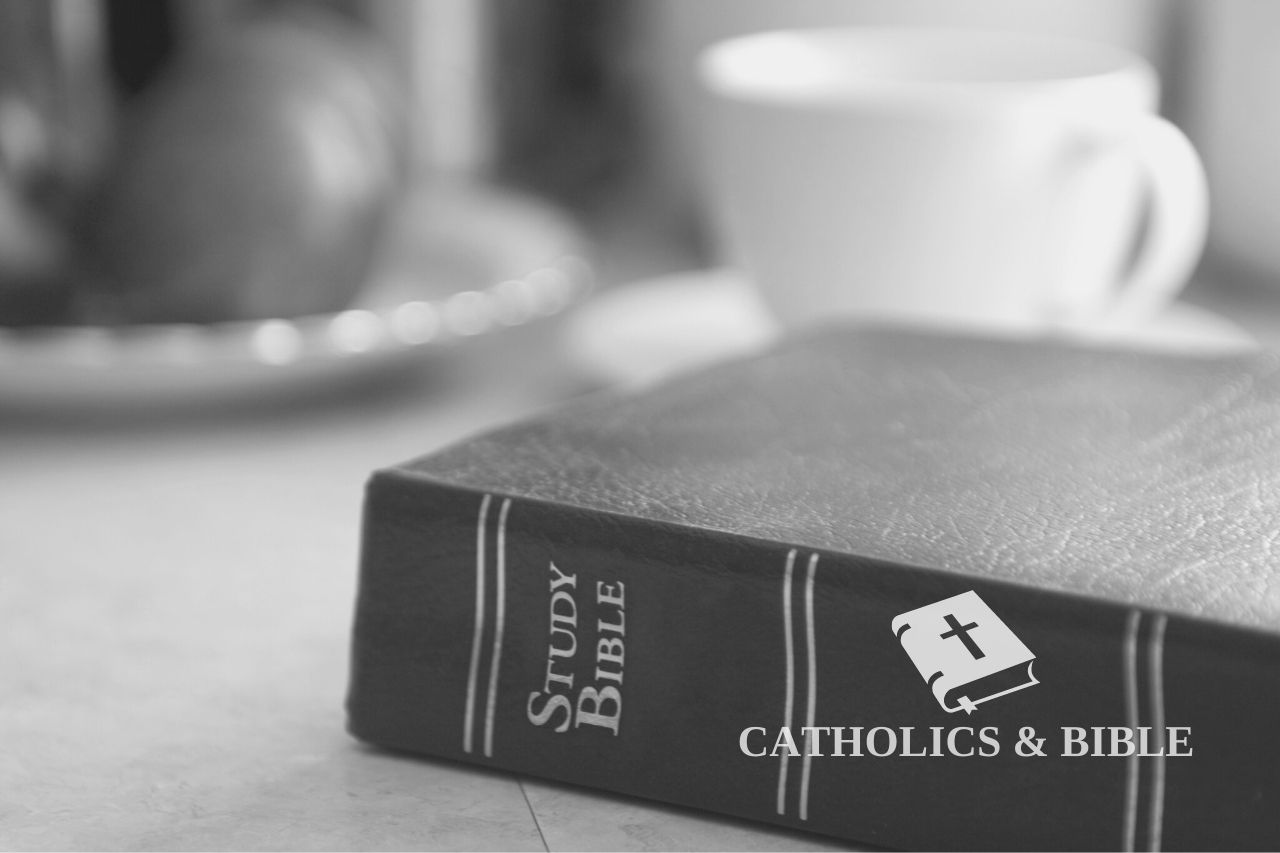For a long time, the Catholic Church was opposed to cremation. But starting in 1963, the Church permitted the practice, while officially recommending burial/interment as the most reverential option.
Today, more and more Catholics prefer to cremate their departed loved ones. But there are still some restrictions on what you can and cannot do with someone’s remains.
What You'll Learn Today
What Does The Bible Say About Cremation?

There is no prohibition on cremation in the Bible. As per the Bible, cremation is not a sin.
In fact, the Bible does not specifically talk about cremation as a method of disposing of the dead.
That said, there are several occurrences in the Bible that count as cremation. The first one is in 1 Samuel 31:12.
After Saul and his sons die during battle with the Philistines, their bodies are burned and their bones buried.
All the valiant men arose and went all night and took the body of Saul and the bodies of his sons from the wall of Beth-shan, and they came to Jabesh and burned them there.
There’s also another occurrence in Amos 2:1.
For three transgressions of Moab, and for four, I will not revoke the punishment, because he burned to lime the bones of the king of Edom.
Nowhere in God’s instructions to the Israelites does He prohibit the burning of the dead. The New Testament also doesn’t talk about it.
What Does The Catholic Church Say About Cremation?
Decades ago, christians generally rejected cremation. It was seen as a pagan practice and viewed as a sacrilege to the body.
Importantly, Christians thought it would prevent the resurrection of the dead when Jesus comes back.
Over time, the resurrection argument has been refuted. God is all powerful and will resurrect the dead regardless of the state of their physical bodies.
In any case, even buried bodies decompose. Neither decomposition nor burning of the body destroys the soul or prevents the immortality of the new body after resurrection.
Today, cremation is no longer seen as a rejection of the belief in resurrection.
The Catholic Church lifted the ban on cremation quite recently – in 1963. From 1966, Catholic priests were allowed to officiate funeral ceremonies involving cremation.
The only time cremation is not allowed is if it’s done with the aim of rejecting the doctrine of resurrection.
Today, the stand of the Catholic Church is as follows (CCC 2301):
The Church permits cremation, provided that it does not demonstrate a denial of faith in the resurrection of the body.
However, the Catholic Church still prefers a traditional burial, saying it shows more respect to the dead. Here’s CCC 2300 on the matter.
The bodies of the dead must be treated with respect and charity, in faith and hope of the Resurrection. The burial of the dead is a corporal work of mercy; it honors the children of God, who are temples of the Holy Spirit.
Can You Scatter Ashes After Cremation In The Catholic Church?

In 2016, the Vatican clarified the Church’s stand on cremation.
It is still allowed, but there are restrictions on what you can do with the ashes.
- Catholic faithfuls should not store the ashes in an urn at home. They must be placed in a sacred place like a cemetery, a church or columbarium. They can only be placed at home with the permission of the Bishop.
- You should not scatter ashes after cremation.
- The ashes should not be turned into mementos such as jewelry.
Here is the specific text from the Vatican.
When, for legitimate motives, cremation of the body has been chosen, the ashes of the faithful must be laid to rest in a sacred place, that is, in a cemetery or, in certain cases, in a church or an area, which has been set aside for this purpose, and so dedicated by the competent ecclesial authority.
The reason for the restrictions is that the Church got worried about new practices that do not respect the body of the departed.
Some cremation and post-cremation practices also go against the belief in resurrection, instead turning to things like reincarnation and rebirth.
Does Cremation Occur Before Or After The Funeral Service?
Before 1997, the rules stated that the funeral mass had to occur in the presence of the deceased’s body. Cremation took place after the service.
In 1997, bishops were allowed to conduct mass in the presence of ashes. So families now have an option to cremate the body before the funeral service.
That said, cremation after the service is still the preferred order.
This allows loved ones and the priest to show reverence to the body through things like the Vigil for the Deceased, sprinkling with Holy water, and the symbolic purification with incense smoke.
Summary
We’ve mentioned plenty of rules and restrictions regarding cremation in the Catholic Church. Here’s a summary of all of them.
- Cremation is not a sin according to the Bible and the Catholic Church.
- As from 1963, the Catholic Church allows cremation. But burial/interment is still the preferred option.
- After cremation, you should not keep the ashes at home (unless permitted by the Bishop) or scatter them in the air, sea, or land. Instead, they should be stored somewhere sacred like at a cemetery.
- Cremation can be done before or after the funeral mass.
Something else we did not mention: the Vatican emphasizes that cremation should never be done against the stated or inferred will of the departed one.
The instructions from the Vatican state that;
In circumstances when cremation is chosen because of sanitary, economic or social considerations, this choice must never violate the explicitly-stated or the reasonably inferable wishes of the deceased faithful.